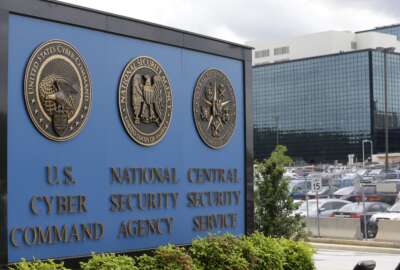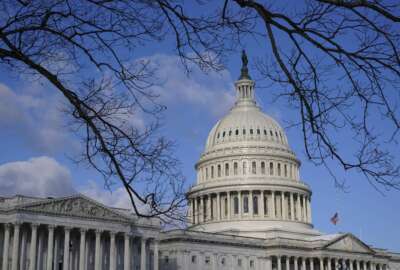Administration shows renewed sense of cyber-urgency
President Obama has made a top-to-bottom review of cybersecurity throughout the government a priority, and is planning on naming a cybersecurity czar. Meanwhile,...
wfedstaff | June 2, 2015 9:31 pm
By Max Cacas
FederalNewsRadio
The future impact of two new cybersecurity positions is the question we posed to Lynn McNulty, Government Affairs director for ISC-2, a group that handles much of the education and certification of computer network specialists in government and private industry.
“I think he’s going to have to find someone with some Washington experience and also some experience in the cybersecurity field,” he told FederalNewsRadio in an interview from his Virginia office. “I’m thinking of someone with experience with the Defense Department, law enforcement, the intelligence community, and the people at the Department of Homeland Security.”
McNulty, who is also a senior consultant with McConnell International, does not believe that now is the time for the President to go to the private sector for the White House cybersecurity job.
It definitely requires someone with a government perspective, a history of having worked inside government, knows how to get people in various agencies to cooperate, where to apply pressure, and where and when not to apply pressure.
McNulty also believes it is important for the cybersecurity czar to know how to work with members of Congress and their staffs, along with representatives of trade associations, lobbyists, and all those looking out for the interests of IT companies.
One week ago, Deputy Defense Secretary Bill Lynn delivered a broad brushstroke progress report during a briefing at the Center for Strategic and International Studies in Washington on efforts to stand up a cybercommand at the Pentagon. We asked McNulty to comment on the efforts for a cybercommander.
It’s a positive step. You know, at DoD, there are many disparate players that have roles in this. I think it’s an effort to bring them all together, to also have the leadership have input at the highest levels, by making sure that the officer at the head of cybercommand have the appropriate rank, which is important to get his message across.
McNulty believes these two new positions are evidence that the challenges of cybersecurity in the government space are finally being taken seriously and given the resources and leadership that have been missing in recent years.
——
On the Web:
(ISC)2 – isc2.org
(ISC)2 – Lynn McNulty bio
FederalNewsRadio – DoD’s ‘Cybercommand’ in broad brushstrokes
(Copyright 2009 by FederalNewsRadio.com. All Rights Reserved.)
Copyright © 2025 Federal News Network. All rights reserved. This website is not intended for users located within the European Economic Area.





